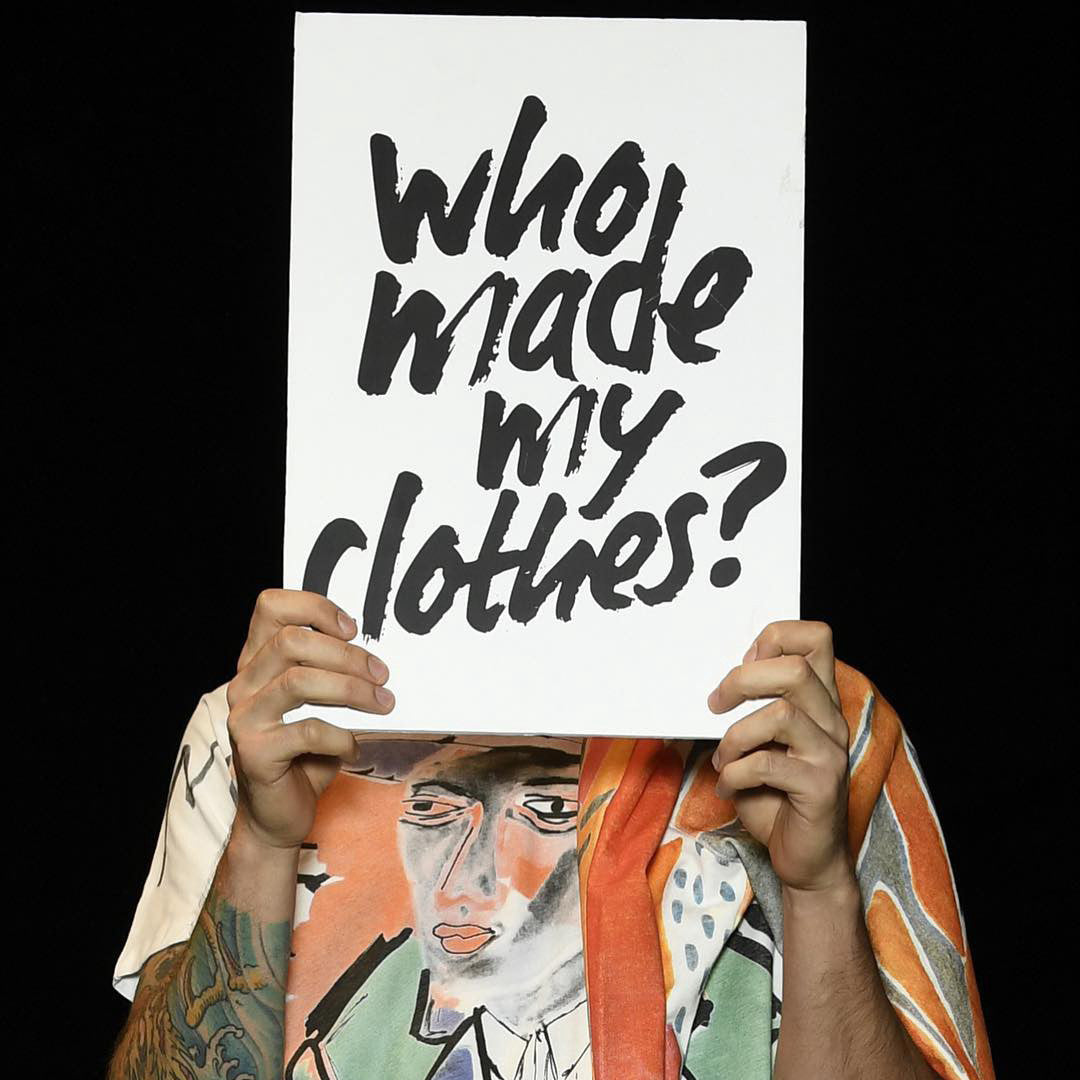
What is Fairtrade?
Fairtrade-certified coffee, chocolate, and wine - you've probably both heard about it and seen it in the shops. But do you really know what it means that something is Fairtrade certified and that several other things besides food carry the Fairtrade label?
"Fairtrade is an international certification of raw materials grown in countries with widespread poverty. The certification means that the product is produced with regards to high social, economic, and environmental requirements."
This can be read on Fairtrade's website. In practice, this means that whoever has grown the coffee beans, cotton, or bananas (etc.), has lived up to the international Fairtrade criteria, which both promote respect for human rights and concern for the environment. Therefore, you as a consumer have the opportunity to contribute to better working conditions and greater consideration for the environment by purchasing Fairtrade-certified products.
Fairtrade is a social movement that promotes ethical and sustainable practices in the production and trade of goods. The aim is to ensure that workers in developing countries receive a fair wage and work in safe conditions, while also protecting the environment. This movement started in the coffee and cocoa industries, but it has since expanded to include a range of products, including fashion.
Fairtrade in the Fashion Industry
The fashion industry has a significant impact on people and the environment, but it has also become an important part of many people's lives. While the industry continues to grow, there is a growing awareness of the need to ensure that it operates in a responsible and sustainable manner. This is where the concept of fairtrade comes in.
The fashion industry is one of the largest employers in the world, but it is also one of the least regulated. This means that workers in developing countries are often subject to poor working conditions and low wages. Fairtrade aims to address these issues by promoting ethical practices and ensuring that workers receive a fair wage.
One of the key benefits of fair trade in the fashion industry is that it helps to create sustainable livelihoods for workers in developing countries. By paying a fair wage, workers are able to support themselves and their families, and this can help to reduce poverty and promote economic development.
Another benefit of fairtrade is that it promotes environmentally sustainable practices. Fairtrade certified factories are required to meet strict environmental standards, and this helps to reduce the negative impact of the fashion industry on the environment.
Conclusion
The fashion industry has the power to make a positive impact on the world, and fairtrade is one way to ensure that this happens. By promoting ethical and sustainable practices, fairtrade helps to create a better future for both people and the planet. As consumers, we can support this movement by choosing to purchase fairtrade certified fashion products. By doing so, we can help to create a more sustainable and equitable world.